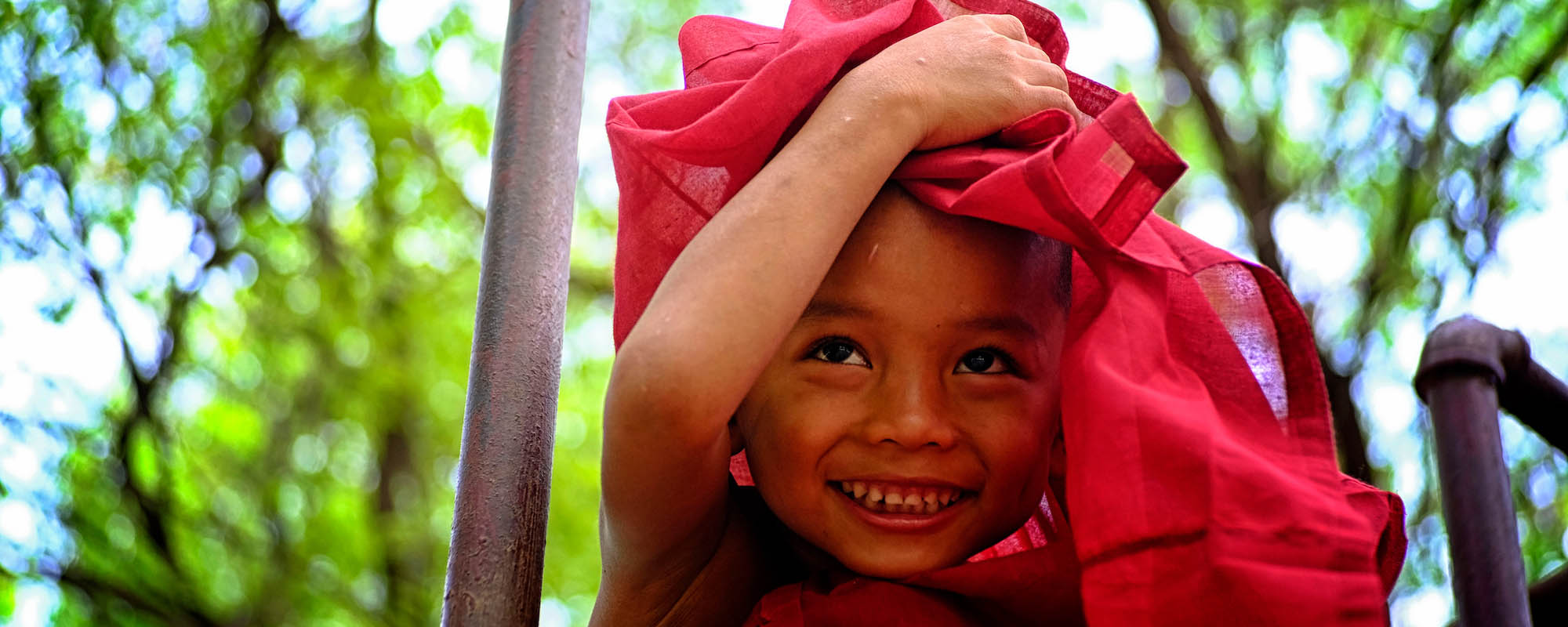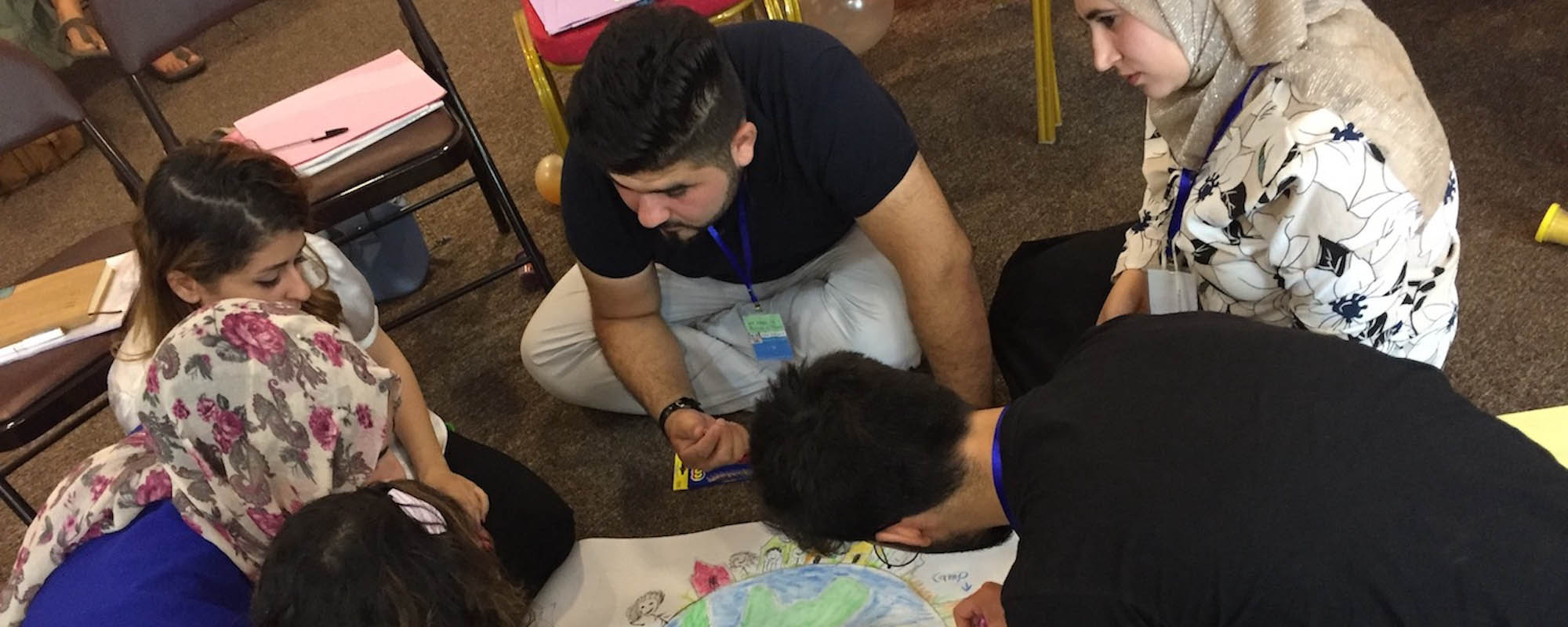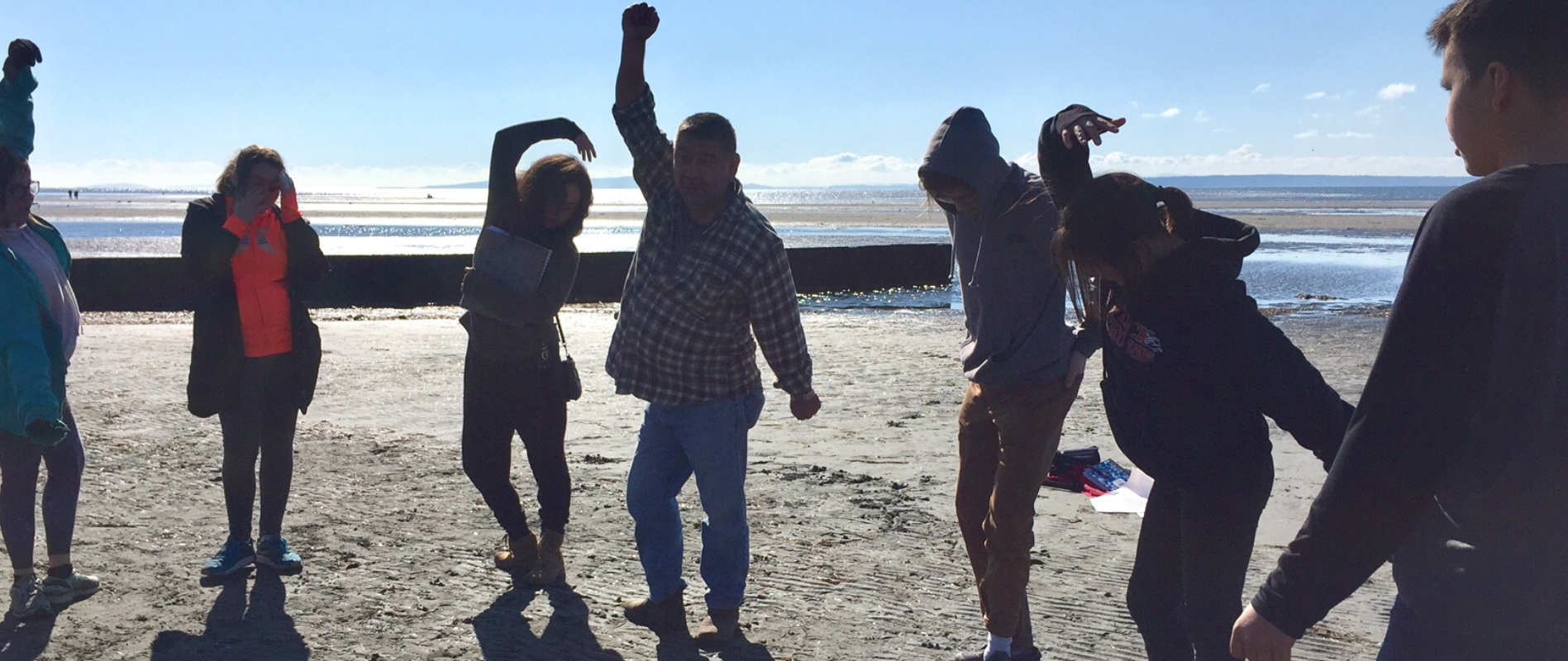
IICRD, in collaboration with the Child Protection in Crisis Learning Network, launched the 2015 webinar series:
Reaching the Most Vulnerable Children: Strategies for Strengthening Child Protection Systems
The first webinar, Engaging Most Vulnerable Children in Community Based Child Protection Systems Strengthening: The experience of World Vision in hard to measure contexts was hosted by Philip Cook and Mike Wessells, on January 30 7:30 am Pacific Time / 10:30 am EST. Please find the recording of the webinar here.
Dr. Philip Cook, Executive Director of IICRD and Dr. Mike Wessells, Professor of Population and Family Health at the Mailman School of Public Health, conducted a study in Cambodia, Tanzania and Eastern DRC using a variety of ethnographic and participatory research tools. The purpose of this research was to establish the extent to which World Vision UK’s DFID funded Child Protection programme is including and impacting Most Vulnerable Children (MVC) in three country programmes and to identify promising practices to increase programme inclusion and impact. Research findings will be shared and implications for child protection program monitoring with hard to reach children will be discussed.
Child protection agencies are increasingly focusing efforts to fill gaps in programing to reach children most in need of support. The purpose of this research was to establish the extent to which World Vision UK’s DFID funded Child Protection programme is including and impacting Most Vulnerable Children (MVC) in three country programmes and to identify promising practices to increase programme inclusion and impact. Research was carried out in Cambodia, Tanzania and Eastern DRC using a variety of ethnographic and participatory research tools. An iterative approach was taken by applying learning from the initial country studies for application of the methodology in later studies, for example applying an outreach strategy through local informants to reach highly vulnerable children not involved in the programmes such as children involved in seasonal migration, those out of school and boys and girls engaged in harmful work.
https://www.youtube.com/channel/UCSva9VdVuR_KEJT5O-YgdrA/feed
“Thank you for the opportunity to be part of the webinar! As always very informative and a lot of room for thoughts. And most importantly very relevant to our day to day work with communities and children with specific recommendations how to improve and make it deeper!”
- Kristine Mikhailidi, World Vision East Africa






